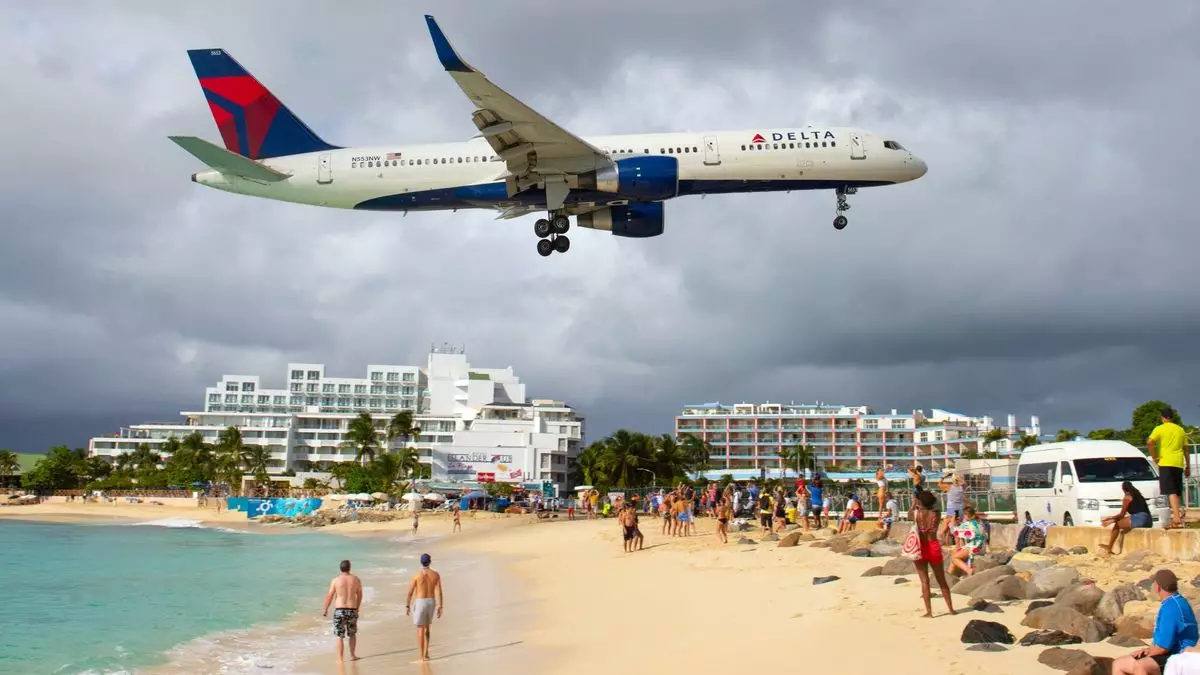The travel industry has always been a dynamic sector, but as we look toward 2025, significant changes are emerging on the horizon, particularly for Caribbean and Mexican destinations. Ray Snisky, president of ALG Vacations, recently highlighted this evolving scenario at the ALG Ascend 2024 conference held in Cancun. He emphasized an essential market trend: a rise in airfare due to reduced airline capacity. As travel advisors and clients prepare for future trips, the advice is clear: booking early is crucial to securing favorable prices and seats.
Snisky’s insights reflect larger industry patterns observed by major airlines, including Delta Air Lines. In their recent earnings report, Delta indicated that the oversupply of seats during the third quarter adversely affected their operating margins. However, they noted a turn for the better in the fourth quarter, attributed largely to a strategic reduction in flight capacity. This dip points to a more significant contraction as airlines respond to recent struggles.
To illustrate, July saw a notable increase in U.S. airline capacity, with flights up by 5.8% compared to the previous year. However, this growth dramatically tapered off to just 1.2% by September, highlighting the cautious approach taken by airlines to manage demand. Notably, budget carriers like Spirit Airlines have openly reduced their flight offerings, projecting a decrease of 20% in capacity for the fourth quarter relative to the same period last year. Such reductions are pivotal, as they directly influence airfare trends and travel availability to key destinations.
In this shifting landscape, travel advisors will play a critical role in guiding clients to navigate the complexities of seat availability and pricing. Snisky’s recommendations underscore the importance of early bookings to mitigate the impact of escalating prices and limited flights. The assumption that last-minute deals will provide affordability may no longer hold true, altering how both advisors and travelers approach planning.
One must also consider the geographical nuances of this situation. While popular locales may see reductions in capacity, destinations like the Dominican Republic and Puerto Vallarta are exceptions, potentially offering more availability and competitive pricing. This divergence requires advisors to stay informed and proactive, tailoring their recommendations based on emerging trends and client preferences.
As airfares rise and capacity constraints dominate the planning process for travel to the Caribbean and Mexico, travelers should take a strategic approach. Flexibility, awareness of market trends, and early planning are paramount. To navigate the future of travel, individuals should monitor updates from airlines while consulting with travel professionals who can provide tailored advice based on real-time information.
Travelers planning to visit Caribbean and Mexican all-inclusive destinations in 2025 face an evolving landscape marked by reduced airline capacity and increasing prices. Understanding these dynamics and booking early will be vital to securing the best travel experiences in an otherwise constrained market.

